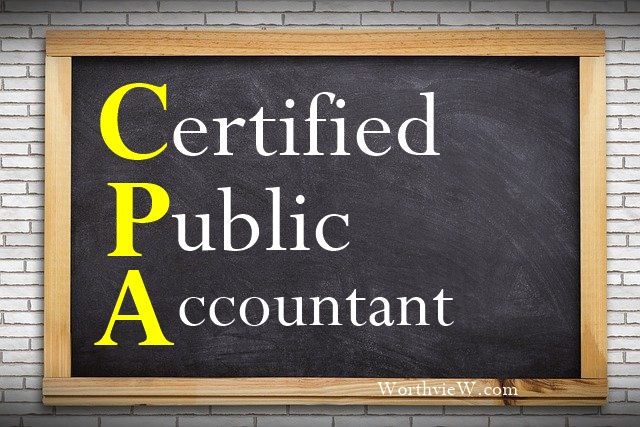Everyone knows that the CPA exam is difficult. But, these ten areas on the exam are exceptionally challenging and need extra focus and study. Mastering these concepts will be a large step toward success on the exam.
- Make good use of Note Board
When preparing for the exam, it is always wise to take a few cpa review courses. One important thing to learn and remember is how to use the application Note Board, which is allowed while taking the test on a computer.
Not only is it important to know how to use the app before taking the test, but also remember to use it while taking the test. Jot down information that will help with choosing the right answers or work out calculations. It is a valuable tool, so don’t forget to use it.
- Memorize audit report language
The AUD (auditing and attestation) test concentrates heavily on the language of audit reports, in particular, the “unqualified opinion.” Memorize the exact language of the unqualified opinion report, at the least, as this forms the basis of the other types of audit reports.
For example, the “qualified opinion” report is substantially the same as the unqualified except that they add a clarifying paragraph at the end. So, knowing the unqualified opinion language will be an advantage when figuring out the rest of the audit reports while taking the exam.
- Understand the segregation of duties
Both the AUD and the REG (regulatory) tests contain questions on fraud—the willful intent to deceive. Segregation of duties is the best way to prevent fraud. When studying for the exam, it is important to understand what segregation of duties is and how it applies in a given scenario.
- Correctly apply accounting principles and policies
The exam contains many questions on accounting principles and policies. It is important to recognize accounting principles and, once identified, know how to consistently apply them.
One frequently tested accounting principle is the difference between cash basis and accrual basis. Knowing the difference and how they can be applied in a scenario will give a good boost toward passing the exam.
Inventory valuation is another popular topic on the test, as a change in the inventory valuation method can make a big difference to the company.
- Sort ratios by categories
It is important to memorize several financial ratios to successfully pass the exam. The best approach is to put them into categories such as liquidity, profitability, and solvency. This method of grouping the ratios will make it easier to remember and access them when taking the test.
- Consider the type of tax first
When reviewing a tax question, always identify the type of tax first. Not only does the exam cover income taxes, but addresses gift and estate taxes as well. Zeroing in on the correct type of tax is the first step toward a correct answer.
- Memorize individual tax Form 1040
The most commonly tested area of tax on the exam is individual taxation. Memorizing the two pages of Form 1040 will help in answering most of those questions easily.
- Differentiate between present value and future value
The concepts of present value vs future value, and the differences between them, can be very difficult to understand. The exam has several questions and scenarios referencing present and future values so determine which value the question is asking for first and then perform the calculation using the proper data.
- Understand the Big Four types of costs
It is important to have a solid understanding of the four basic types of costs: direct, indirect (overhead), fixed, and variable. Armed with this knowledge, the difficult and complex cost questions on the exam will be easier to tackle.
- Identify independent contractors and their status
Independent contractors may not always have the same status as direct employees. Keep this in mind when studying, and understand their standing in all situations. Questions regarding independent contractors will be on the exam, particularly in contract, agency, and sales scenarios.
Keep these ten tips in mind when studying for your CPA exam. Your final score will depend on it.
Related Posts



![5 Minute Tricks for Cleaning White Shoes/Converse [3 Home Remedies]](https://www.worthview.com/wp-content/uploads/2017/09/white-shoes-150x150.jpg?x35250)








